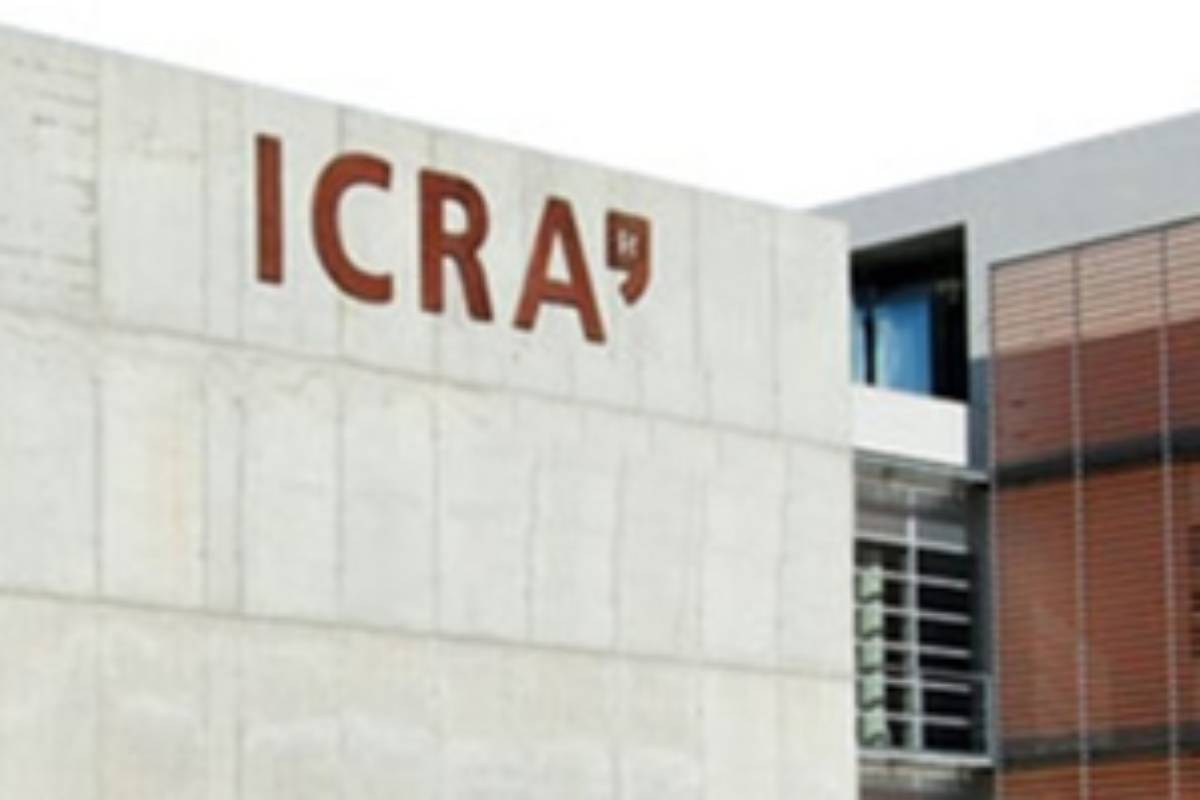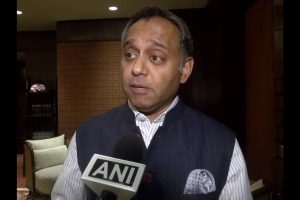The aviation industry in India saw a modest uptick in domestic passenger traffic for November, according to a report released by the credit rating agency ICRA.
The data reveals that the domestic air passenger traffic reached approximately 127.1 lakh, indicating a marginal increase of around 0.6 per cent compared to the 126.4 lakh recorded in October.
In a year-over-year (YoY) comparison, November exhibited a notable growth of approximately nine per cent, with passenger numbers soaring from 116.8 lakh in November 2022. However, the figures still lag behind pre-Covid levels, showcasing a two per cent decrease from the November 2019 benchmark of 129.5 lakh.
The cumulative domestic air passenger traffic for the first eight months of FY2024 (April-November 2023) reached a total of 1,007.00 lakh. This represents a robust YoY growth of 17 per cent over the same period in the previous fiscal year (8M FY2023), which recorded 857.54 lakh passengers. Furthermore, the current figures are approximately five per cent higher than the pre-Covid levels of April-November 2019, which stood at 956.20 lakh passengers.
ICRA’s report also sheds light on the airline industry’s capacity deployment in November 2023, revealing an eight per cent increase compared to the same month in 2022. However, this surge remains four per cent lower than the pre-Covid levels observed in November 2019.
The estimated passenger load factor (PLF) for November 2023 stood at approximately 88 per cent aligning closely with the figures from November 2022. Nevertheless, it marked a slight dip from the pre-Covid levels of November 2019 when the PLF was around 90 per cent.
Fuel prices, a critical factor for the aviation industry, experienced fluctuations during FY2024. Aviation Turbine Fuel (ATF) prices witnessed a sequential decline until June 2023, followed by a sequential increase until October 2023.
In November and December 2023, ATF prices registered a decline of approximately six per cent and five per cent, respectively, on a YoY basis. This downward trend in prices corresponds with the trajectory of crude oil prices during the same period.
Despite a brief YoY increase of 1.3 per cent in October 2023, driven by rising crude oil prices, the subsequent months witnessed a significant YoY drop in ATF prices. November and December 2023 recorded declines of 8.3 per cent and 10.5 per cent, respectively, aligning with the overall decrease in crude oil price.
The report further stated that the Indian aviation industry has been facing issues of engine failures for the Pratt and Whitney (P&W) engines supplied to various airlines.
“In FY2023, Go Airlines (India) Limited grounded half of its fleet of aircrafts due to faulty P&W engines, which led to the stalling of its operations. InterGlobe Aviation Limited (IndiGo) has also grounded 40-plus aircraft due to P&W engine issues,” the report read.
IndiGo has also recently announced that aircraft in the range of mid-thirties would be incrementally grounded in Q4 FY2024 due to a powder metal (used to manufacture certain engine parts) contamination issue with its P&W fleet.
“Hence, on an overall basis the issue has been impacting the sector’s capacity as a whole and will remain a near term challenge for the domestic aviation industry,” it said.
The report said that while some airlines have adequate liquidity and/or financial support from a strong parent, supporting their credit profile, the credit metrics and liquidity profile of the others will remain under stress over the near term, despite some improvement relative to the last few years.
Go Airlines (India) Limited grounded half of its fleet due to faulty P&W engines, which led to payment defaults to vendors, aircraft lessors and financial creditors.
“Consequently, GoFirst filed for insolvency with the National Company Law Tribunal (NCLT), which imposed a moratorium on the airline’s assets and prohibited the lessors to repossess their aircraft, which was upheld in the National Company Law Appellate Tribunal (NCLAT),” it said.
However, the Delhi High Court allowed leasing companies to inspect the aircraft and carry out maintenance work on their fleet, which was challenged in the Supreme Court. However, the Supreme Court dismissed GoFirst’s plea.
“GoFirst also lost its airline code ‘G8’ assigned by International Air Transport Association (IATA) for being non-operational since May 2023. On October 3, 2023, the Union Corporate Affairs Ministry notified that no Indian airline will be able to hold on to its leased assets (aircraft and engines) under the asset protection (moratorium) provided for a limited time by the Insolvency and Bankruptcy Code (IBC) and lessors can repossess their planes after an airline files for bankruptcy.
With 270 days’ prescribed deadline for completing cases under IBC ending soon, the Committee of Creditors (CoC) is going to decide whether to opt for liquidation or invite for a second round of express of interest (EoI),” the report said.





